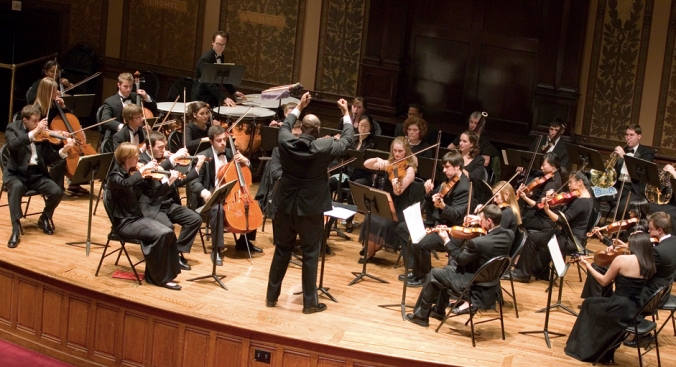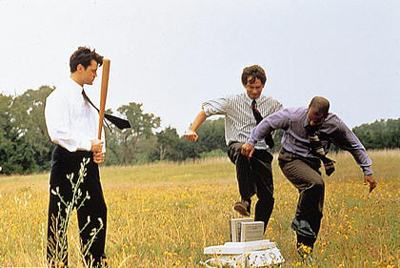What is it that motivates a person to practice meditation (prayer, or whatever term you choose to use)? Is it a belief that by beginning this practice will lead to some kind of improvement, some kind of happiness which you do not currently actualize?
I would propose that in many cases people meditate because they believe it is good for them in some manner. Because of this, people do not really meditate. You may sit, walk, or consciously choose to do other activities and call it a practice of meditation. But with the underlying presumption that it is good, you do not meditate, you are always somewhere else.
Now, in the practice of meditation it is true that you may experience happiness and peace. So, I am not saying “do not practice meditation.” What I am saying is that we examine and inquire as to what meditation is. “What do you meditate on?” is a common question asked of someone who meditates. However, this question evokes a certain amount of puzzlement from those who truly practice meditation. Meditation does not meditate on anything at all. It is a practice of seeing existence for what it really is beyond all words, ideas, images, and abstract creations of thought. As we commonly say, “talking to one’s self is the first sign of madness.” And so in this sense, a person who is always thinking is always talking to themselves. Thus, they are out of touch with reality.
Meditation seeks to gain nothing nor does it lose anything. It sees that all of life is a relationship and completely connected with itself. The separation of things and identities which we convince ourselves to be real through our thoughts, ideas, and measurements to bring definition to matter, evaporate. We see that there is no past nor is there any future. Both past and future begin now. If you hope to gain happiness in the future through practicing meditation you are living in the delusion that the future is something real. As long as you are practicing meditation with that sort of mindset, you are like a donkey who is being lead by a carrot tied on the end of a stick. The donkey is always hoping to get the carrot but of course, never really does.
The human mind has the tendency to desire a straightening out of the world in which we live. We are always attempting to straighten out the vast wiggles of nature so that it will make some kind of sense to our way of thinking. We desire formulas and methods we can use to gain something to improve us, to make “me” a better person. Certainly, there are many books, products, and teachers on meditation, spirituality, and becoming a better person which have made a fortune capitalizing on this desire many of us have. But who is it that is in need of improvement? And if you identify your-self in terms of thoughts and ideas – who you think you are – you will always be attempting to improve yourself using the very thing you presume needs to be improved. Which is like cleaning a dirty plate with a dirty rag.
As long as you believe yourself to be unhappy you will be unhappy. As long as you believe yourself to be in need of improvement you will need to be improved. As is well said “anyone who thinks they need to see a psychiatrist ought to have their head examined.” Meditation can be greatly beneficial for us as human beings to practice. But when it becomes formulaic, which is to say something we do for some reason, some purpose of betterment, it is undermined by desire and therefore does not see reality for what it is.
Meditation like any method of doing something can provide useful functions for the way in which we live. It can bring us to an actualization of the present and the enjoyment of being alive. But the present is always here. You cannot escape the present.
Meditation will not make you happy, but it may help you see that happiness is always here and available.
What is your motivation to practice meditation?

